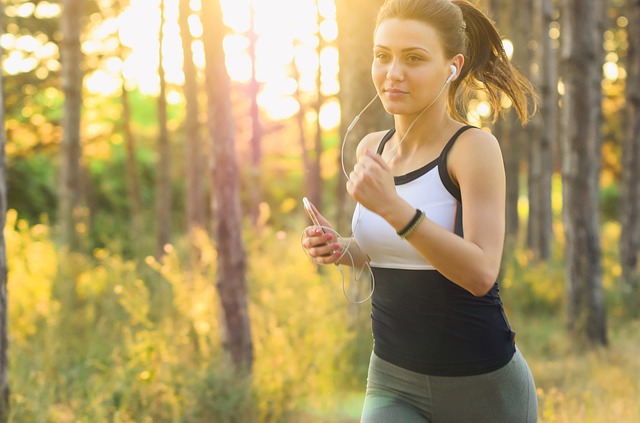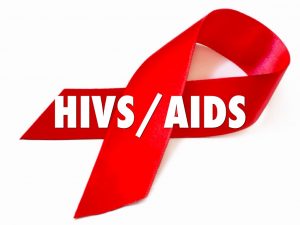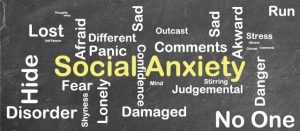
Like most mature adults, I am on high blood pressure medication. Which I find really irritating. SO I have been looking for ways to reduce my blood pressure enough to not need the chemical medications I am taking.
As always, research beckoned, where I found so many offerings that I almost got lost in the research instead of what I really intended to do.
1. I hate to admit it, but the first thing that came up was, to lose weight, taking particular note of your waist measurements, (under 40 in for men, 35 in for women), so assuming there are others out there like me, I am passing some of them on to you.
The following is from the staff at The Mayo Clinic
“Blood pressure often increases as weight increases. Being overweight also can cause disrupted breathing while you sleep (sleep apnea), which further raises your blood pressure.
Weight loss is one of the most effective lifestyle changes for controlling blood pressure. Losing just 10 pounds (4.5 kilograms) can help reduce your blood pressure.
Besides shedding pounds, you generally should also keep an eye on your waistline. Carrying too much weight around your waist can put you at greater risk of high blood pressure.”
2. Then, exercise:- Just 30 mins most days of the week (I try to manage 5), can have an enormous impact and can lower your blood pressure by as much as 4 to 9 ml mercury (mm Hg). I am so up for that! Best options – walking, jogging, cycling, swimming or dancing, or even strength training.
I think most of us can manage a walk or two and for me, if it’s not an option, then I work out on some floor exercises at home. For weights I use a couple of bottles of water and sit on the edge of the sofa for leg workouts.
3. Keep to a healthy diet. It is recommended that you Be a smart shopper. Read food labels when you shop and stick to your healthy-eating plan when you’re dining out, too. It’s not always easy, but the benefits are huge.
Try to eat fewer processed foods. Only a small amount of sodium occurs naturally in foods. Most sodium is added during processing. Checking the labels will show just how much sodium (salt) and sugars of various kinds are added during the processing. These are added as much to increase the shelf life of a product, which doesn’t appeal to me in the slightest.
These days I’ve started freezing my own vegetables, which I found so much less complicated and difficult than I thought. So now I have a freezer full of frozen vegetables that contain no sugar, salt which I admittedly added to the water. But, I only blanched the veggies and used the same water for any that don’t add a strong flavour to the water. So my salt use is kept to a minimum.
I then checked out some foods etc that can help with lowering blood pressure. Now I’ve never gone in much for flavoured teas, except green and Earl Grey, but on the research front I came across the following.
Hibiscus tea contains phytochemicals that play a role in reducing blood pressure, Soy contains Isoflavones which can also help reduce the systolic blood pressure reading (the one on top). They also help in the production of nitric oxide enzymes, which help in the relaxation of blood vessels, reducing blood pressure.
4. Quit smoking
5. Work on reducing your stress levels.
6. Every cell in the body has a receptor for Vitamin D so work on absorbing, or taking Vitamin D. This can be found first and foremost in the sun’s rays. It needs to be noted that if you live more than 35% up or down from the equator, this can lead to very little being absorbed as the sun’s rays are weaker. Although, exposing arms and legs to the sun for 5-45 minutes between the hours of 10am – 3pm, is usually enough to meed the daily requirements for most skin types.
It can be found in oily fish, fish liver oil and egg yolks, among others. Every cell in our bodies have a receptor for Vitamin D. It’s deficiency is also linked to type 1 Diabetes, MS, high blood pressure and thyroid problems.
Thanks to Authority Nutrition at Healthline.
Overweight people can also need higher amounts of the vitamin.
Don’t forget alcohol –
Generally more than one drink a day for women and for men older than age 65, or more than two a day for men age 65 and younger. One drink equals 12 ounces of beer, five ounces of wine or 1.5 ounces of 80-proof liquor.
Drinking more than moderate amounts of alcohol can actually raise blood pressure by several points. It can also reduce the effectiveness of blood pressure medications.
Sadly (for me), Caffeine is also bad for blood pressure levels. But then, having reduced my intake has been quite good really, so can’t complain.
Generally, Overall –
Blood pressure needs to be less than 120/80
To avoid high cholesterol – Keep numbers to less than
100 mg for LDL (bad) cholesterol.
60 mg + for HDL (good) cholesterol.
If overweight, or to prevent becoming overweight, watch waist measurements stay under 40 in – men, 35 in – women.
Exercise regularly
Eat less than 7% of calories in saturated fat.
Eat less than 200 mg of dietary cholesterol foods.
So, if we want to avoid, or reverse our dependency on chemicals, following a diet plan that can actually help, is a no brainer really, isn’t it?
A final note, Statins are partly responsible for making recipients tired and suffering from memory loss. Another reason for being able to avoid having to take such medications I think.
This research is an amazing way of finding and, where possible, avoiding the common situations many of us encounter when we reach adulthood, for some, this doesn’t just mean when we are past the age of 55.








